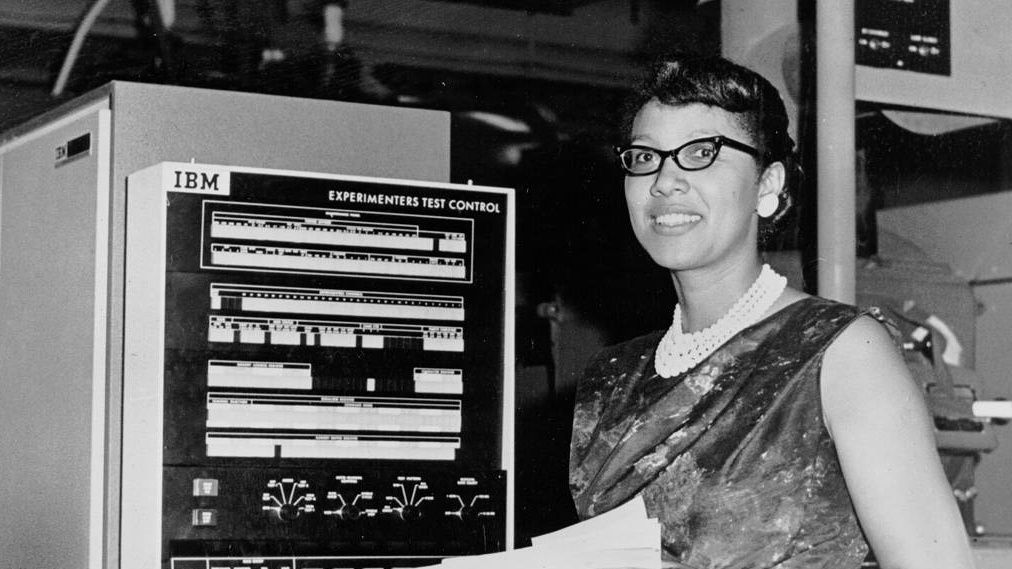LOS ANGELES — When Drew Shula was studying architecture, he always dreamt of doing business as a force for good.
Now as the CEO of the sustainability consulting firm Verdical Group, his dream has become reality by helping to make buildings greener as a solution to the climate crisis.
“We need our businesses and our buildings to function more like a tree does in nature, where it harvests its own energy from the sun and at the end of life, it decomposes and becomes compost and goes back into the soil, our buildings can do the exact same thing," Shula said.
Verdical Group’s office is on the LA Kretz Innovation Campus in downtown Los Angeles, and it’s what Shula calls a good example of a green building.
The 1920s warehouse was renovated and repurposed with sustainability at the forefront. There you’ll find solar panels, dozens of EV chargers, a green wall and other state-of-the-art green technology that’s earned this facility the highest-rated LEED certification.
“LEED stands for leadership in energy and environmental design. It’s taking a holistic look at the building, energy, water, materials, air quality and saying this is a certified LEED building, this is a green building," Shula said.
The United Nations said the building and construction sector is the largest emitter of global greenhouse gases, and in California, the U.S. Green Building Council estimates buildings account for roughly 40% of total emissions.
As the world experiences the effects of climate change, USGBC-California Executive Director Ben Stapleton said sustainable consultants are important in changing this.
“Emissions went up last year globally. Emissions are likely going to go up this year globally. We are making progress, but we need to continue to look at how do we accelerate that progress. We’re seeing these increasing impacts of climate change on a regular basis, we need to make sure that we’re taking the right actions to help stave those off," Stapleton said.
Between energy use and materials like steel and concrete, buildings have a huge negative impact on our environment, but they can also be the solution, which is exactly what Shula and Verdical Group are focused on.
“That’s what we’re trying to realize in the decades ahead, is really getting to a fully zero carbon economy, and helping to solve the climate crisis which is really just this huge issue that we’re all facing right now," Shula said.
The world’s goal is to achieve net zero emissions by 2050 to avert the worst impacts of climate change.
It will take bold action to get our built environment to meet that target, but companies like Verdical Group are optimistic that they can help construct a new, healthier, greener future.









